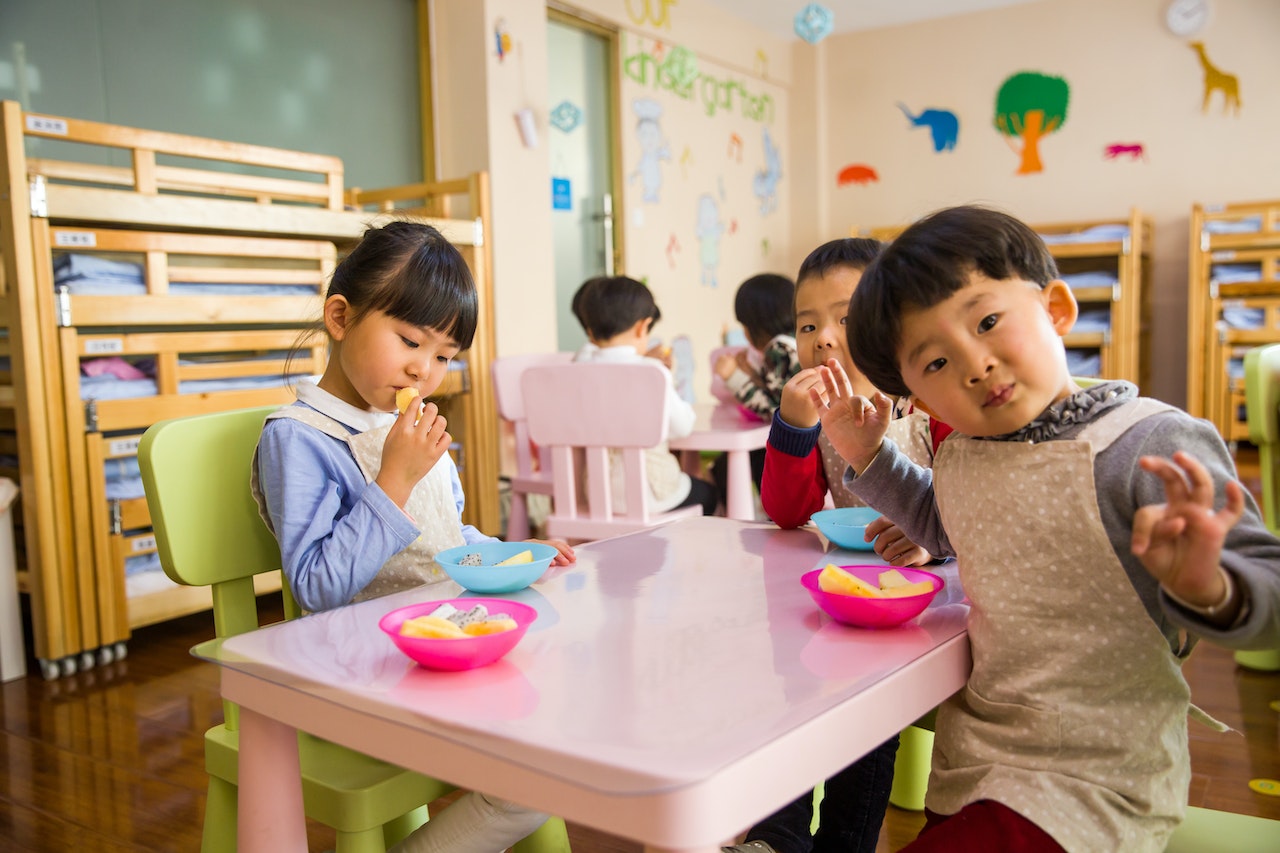KUALA LUMPUR, August 10 – The provision of child care remains patchy across Asia and the Pacific, with limited access, affordability, and quality impacting women’s participation in the workforce and proving detrimental to children’s development according to a major new report.
Investments in Childcare for Gender Equality in Asia and the Pacific looks at the public provision of child care across 48 countries of Asia and the Pacific.
The report is the result of collaborative research undertaken jointly by the International Labour Organization (ILO), the Asian Development Bank (ADB), the United Nations Development Programme (UNDP), and the United Nations Research Institute for Social Development (UNRISD).
It analyses and highlights how the promotion of affordable, accessible, quality child care services and facilities, supported by child care workers enjoying decent work, are key elements to support a virtuous cycle of benefits for women workers, child care workers, and children and will bring transformative change to advance gender equality, decent work and sustainable development.
The report finds that the general lack of the statutory right to child care is a major reason for the absence of child care systems across the region.
Children aged 0 to 2 are the most under-served, with mothers generally obligated to exit the workforce to care for this age group due to a lack of other options.
Low-income, rural households are the worst affected, while children with disabilities have particularly compromised access to child care services adapted to their needs.
Even where subsidies for child care exist, high out-of-pocket costs for parents remain, which are being driven up further by the rising cost of living.
The high costs involved pose a significant challenge to parents seeking child care and often deter mothers in particular from returning to the labour market.
The perceived quality of child care is recognised as a key factor in determining parents’ willingness to enrol children in child care centres.
Across Asia and the Pacific, gaps remain in terms of upholding minimum infrastructure and care delivery standards.
Furthermore, the child care sector remains highly feminised and undervalued. Wages vary widely: they are well below average and are often below the poverty level.
Child care workers have low levels of job security, employment benefits, and social protection.
The sector is also marked by low overall levels of collectivisation, bargaining power and voice.
The report calls for greater investments in quality, accessible, affordable child care that provides decent work to care workers.
It provides policymakers, development partners, researchers, civil society organisations, and other care stakeholders with an analysis of the policy and institutional frameworks for child care aged 0 to 6 and recommendations on how to move ahead.
It also includes more in-depth country case studies from Georgia, Indonesia, Lao People Democratic Republic, Mongolia, Nepal, the Philippines and Sri Lanka that reflect the voices of parents, child care providers and child care workers.












